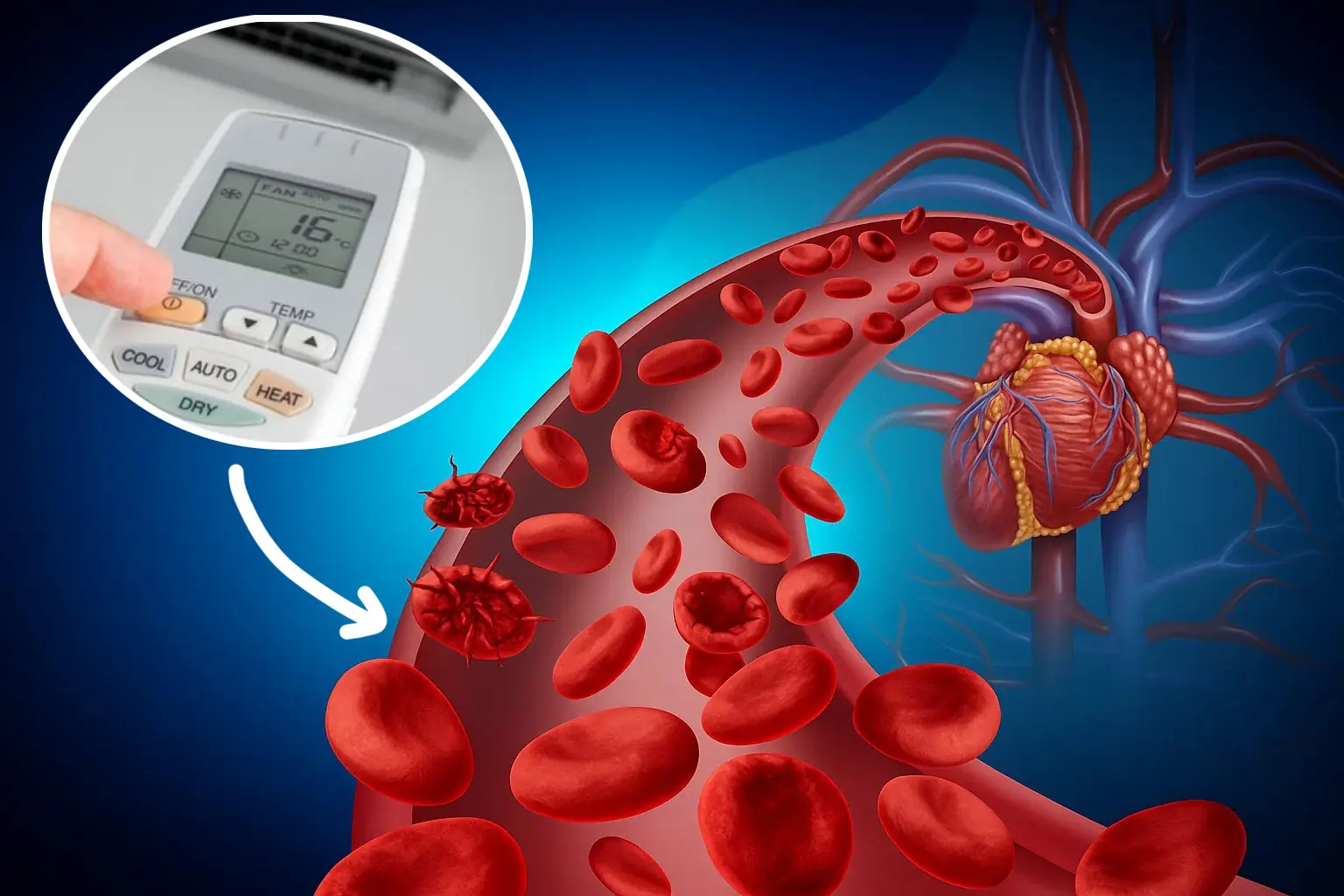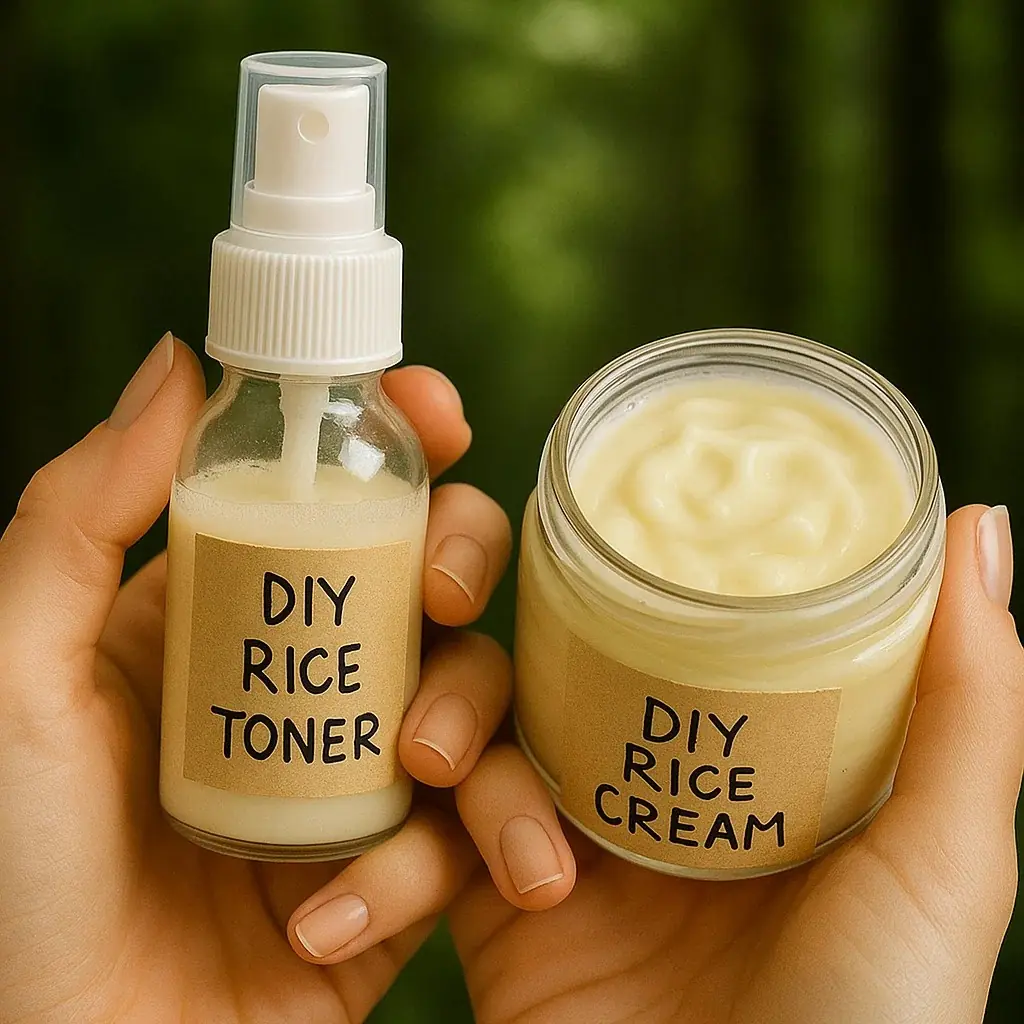According to Dr. Nguyen Nhu Vinh, MD, PhD, from the University Medical Center in Ho Chi Minh City, showering is an essential way to stay clean, cool down, and relax. Whether someone showers once, twice, or even three times daily depends on their personal needs and lifestyle.
Showering frequency varies from person to person and is influenced by factors such as local climate and individual activity levels. In areas with mild temperatures — neither too hot nor too cold — people usually shower once a day. However, during heatwaves or when exposed to dusty or polluted environments, it’s common for individuals to shower more frequently.
When asked whether showering multiple times in a hot day is harmful, Dr. Vinh emphasized that there is no scientific evidence showing that frequent showering during high temperatures negatively affects health. The general guideline, he says, is to shower based on personal comfort and hygiene needs. Ideally, daily showers are recommended to help remove sweat and dirt while providing a refreshing sensation.
“Showering up to three times a day in hot weather poses no health risks,” Dr. Vinh stated.
Harmful Shower Habits to Avoid
Dr. Nguyen Dinh Tuan, a senior specialist and deputy head of the Outpatient Department at Medlatec General Hospital, noted that while proper showering can boost well-being, incorrect practices can lead to unexpected health issues. He warns against several risky bathing habits:
1. Spending Too Long in the Shower
Dr. Tuan advises against excessively long showers, especially late at night. A reasonable duration for a shower should be around 5 to 7 minutes. Extended exposure to water, especially when it’s cold, may stress the body unnecessarily.
2. Showering Late at Night
Bathing late at night — particularly with cold water — can be dangerous. It may lead to facial paralysis, dizziness, stroke, or cardiac arrest during the night. At night, the body enters a resting phase, and its immune defenses are lowered. Cold water at this time can constrict blood vessels, impeding circulation to the brain. This is particularly hazardous for people with heart conditions or high blood pressure, as they are more susceptible to strokes.
3. Showering Right After Intense Exercise
Many people instinctively rush to the shower immediately after working out. However, Dr. Tuan explains that doing so can cause a sudden drop in body temperature, triggering blood vessel constriction. For individuals with cardiovascular issues or hypertension, this could significantly raise the risk of a stroke.
Know the Warning Signs and Practice Smart Showering
After a shower, if you notice any unusual symptoms such as dizziness, numbness in limbs, slurred speech, momentary memory loss, or facial drooping, you may be experiencing a mild stroke. In such cases, seek help immediately and visit a medical facility as soon as possible.
Dr. Tuan also suggests the following post-shower care tips:
-
Always dry your body and hair thoroughly to prevent chills.
-
In the summer, avoid entering an air-conditioned room or going outside immediately after bathing.
-
If you shower in the evening, make it quick and avoid using cold water to reduce the risk of catching a chill.
Final Thought
While frequent showers during hot days are not inherently harmful, how and when you shower matters. By avoiding poor showering habits and paying attention to how your body reacts, you can stay refreshed and healthy throughout the summer.

























